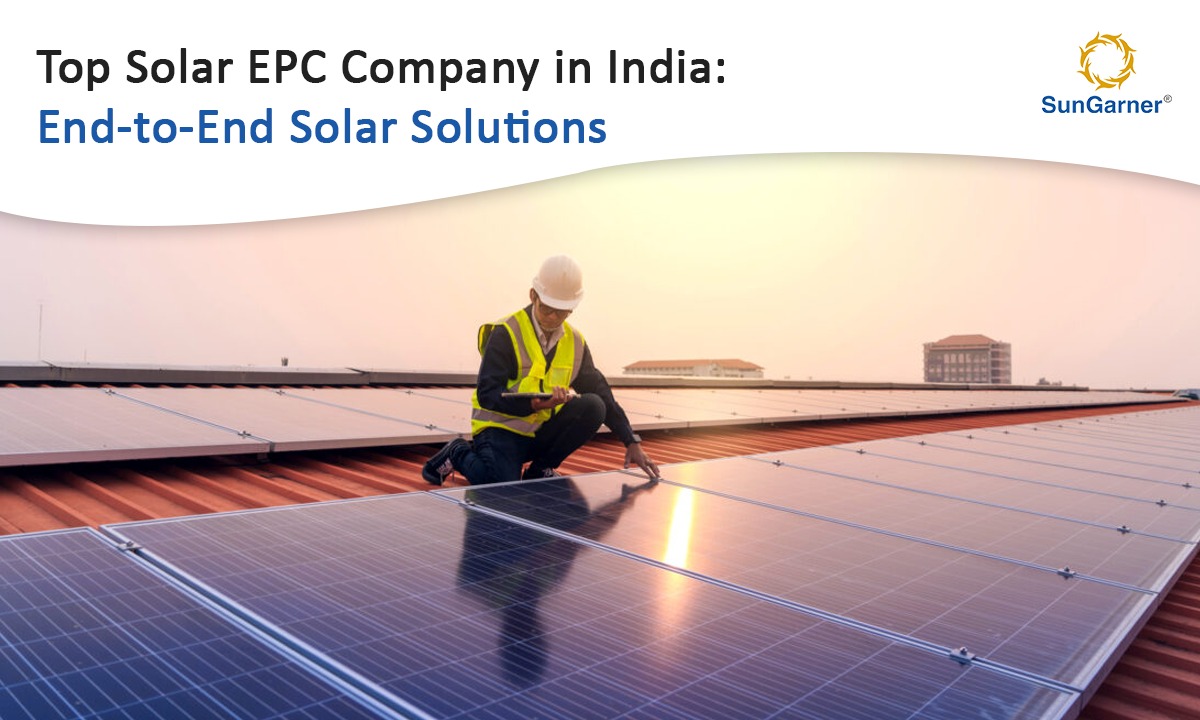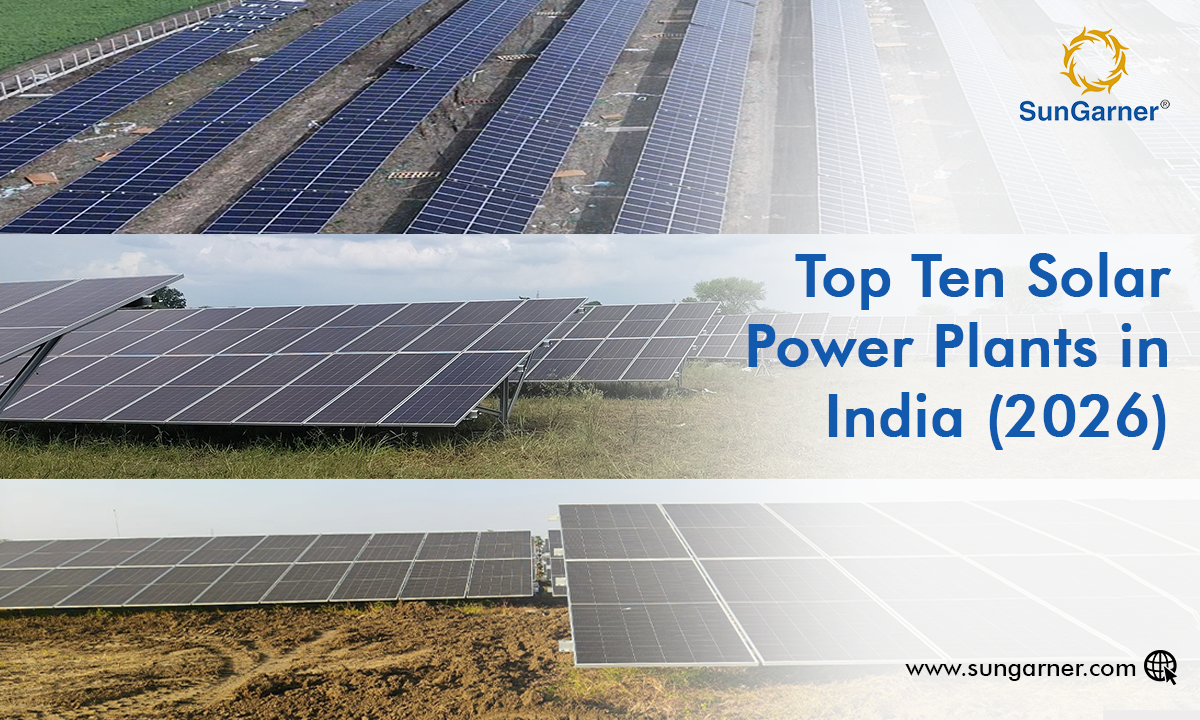Can a Solar Inverter Be Used Off-Grid?
Interest in off-grid solar power systems is growing among residential and commercial players seeking energy independence. One frequent query is: Can a solar inverter be used off-grid? This article provides a detailed response, examining the functionality, advantages, and key considerations of solar inverters in off-grid setups.
Interest in off-grid solar power systems is growing among residential and commercial players seeking energy independence. One frequent query is: Can a solar inverter be used off-grid? This article provides a detailed response, examining the functionality, advantages, and key considerations of solar inverters in off-grid setups.
Understanding Solar Inverters
A solar inverter is a critical component of any solar power system. Its primary function is to convert direct current (DC) electricity generated by solar panel into alternating current (AC) electricity, the standard form of electricity used in most homes and businesses. This conversion is essential because most appliances and electrical systems are designed to operate on AC power.
Types of Solar Inverters
There are three main types of solar inverters, each designed for specific applications:
String Inverters: Commonly used in grid-tied systems, these are suitable for installations where all panels receive similar sunlight.
Microinverters: Installed on each solar panel, they allow for more flexible installations and perform better in shaded conditions.
Hybrid Inverters: Operate in both grid-tied and off-grid modes, offering versatility for various applications.
Can a Solar Inverter Be Used Off-Grid?
The short answer is yes, but not all solar inverters are suitable for off-grid use. For effective operation in an off-grid system, a solar inverter must handle unique challenges like energy storage, load management, and system monitoring.
Off-Grid Inverters
Off-grid inverters, also known as standalone inverters, are specifically designed for off-grid applications. They include features such as:
Battery Compatibility: Essential for storing excess solar energy generated during the day for use at night or during low sunlight periods.
Load Management: Ensures critical appliances receive power during shortages.
System Monitoring: Advanced models allow users to track energy production, consumption, and battery status.
Benefits of Using a Solar Inverter Off-Grid
Energy Independence: Reduces reliance on the grid and protects against power outages.
Cost Savings: Eliminates electricity bills and reduces dependence on fossil fuels over time.
Environmental Impact: Promotes sustainable living by using renewable solar energy.
Common Questions About Off-Grid Inverters
Can a Hybrid Inverter Be Converted for Off-Grid Use?
Yes, many hybrid inverters are designed to switch between grid-tied and off-grid modes. However, you must ensure compatibility with your battery storage system and verify that the inverter supports standalone operation.
What Are Common Problems with Off-Grid Inverters?
Some challenges include:
Battery Maintenance: Regularly checking for wear and tear.
Overloading: Ensuring the system is appropriately sized for peak demand.
Weather Dependency: Low sunlight can limit power generation, making robust battery storage essential.
Considerations for Off-Grid Solar Inverters
When choosing an off-grid solar inverter, consider the following:
System Size: Ensure the inverter can handle the total load, including peak power demands.
Battery Capacity: Choose an inverter compatible with your battery system, capable of efficiently managing charging and discharging cycles.
Installation and Maintenance: Proper setup and regular maintenance are critical for optimal performance.
Conclusion
Solar inverters can indeed be used off-grid, provided they are designed for such applications. Off-grid inverters offer significant benefits, including energy independence, cost savings, and environmental sustainability. By understanding their key features and considerations, homeowners and businesses can make informed decisions to harness solar energy effectively.
For more information on solar inverters and off-grid systems, feel free to explore our other articles and resources:
https://www.sungarner.com/blogs/home/details/what-is-a-solar-off-grid-inverter-and-how-does-it-work







.jpeg)

